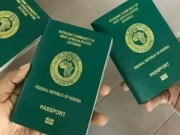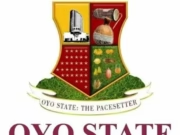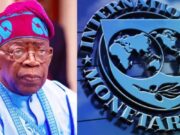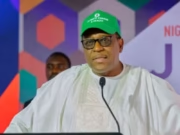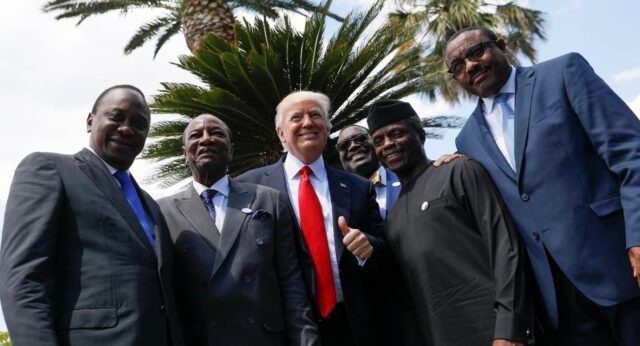Africa is no longer a passive stage in global power plays. As the U.S. recedes, a Multipolar Africa is emerging, reshaping geopolitics through diversified partnerships, expanded agency, and new definitions of development.
Table of Contents
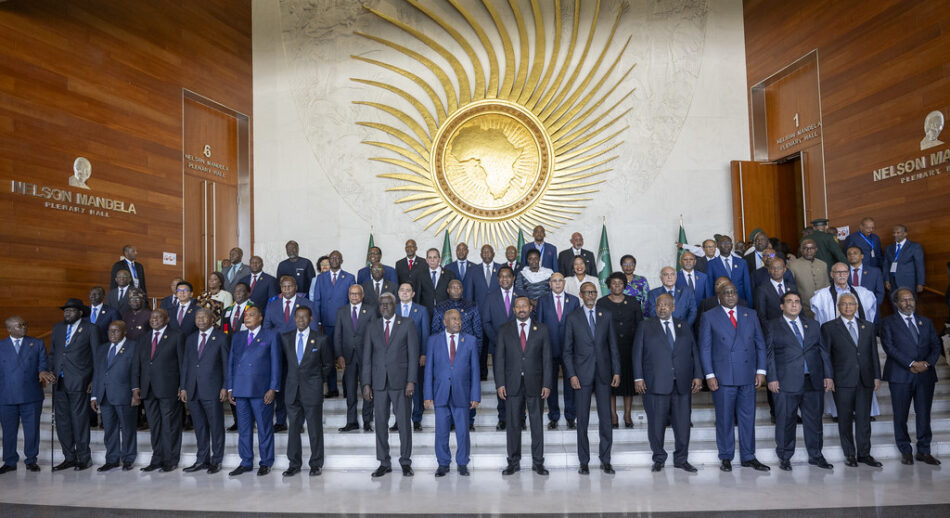
Setting the Scene: U.S. Retreat and a Continent in Flux
In recent years, American foreign policy rhetoric toward Africa has shifted. Elite training exercises such as African Lion now emphasise African capacity-building and burden-sharing, rather than providing top-down development and governance support. These signals arrive as U.S. financial and institutional engagement recedes, leaving space for other global players.
Africa now stands at the crossroads of an unfolding multipolar reality. Once viewed mainly as a recipient of aid or security assistance, the continent is increasingly treated as a strategic arena by China, Russia, Turkey, India, and Gulf states. Just as importantly, African nations themselves are leveraging this competition to assert their own interests.
Africa as Player, Not Prize
Africa is projected to account for over 25% of the world’s population by 2050, with the largest youth labour force on the planet and rapidly urbanising mega-cities teeming with growth potential. The continent’s economic and demographic dynamism transforms it from a “prize” into a strategic actor.
That shift in perception amplifies Africa’s agency: the rules of engagement are changing. Development is no longer charity—it is statecraft. For African states, infrastructure and talent are the currency of relevance; roads, undersea cables, education, and energy matter more than rhetorical allegiance.
New Global Allies, New Models
China remains the dominant economic partner, with trade volumes exceeding $280 billion in 2023. Its development model—high-value infrastructure loans often tied to resource extraction—remains controversial, especially regarding debt sustainability. Still, Xi Jinping pledged $51 billion in new support to Africa over three years, targeting local industrial projects and job creation.
Russia’s strategy is more security-oriented: deploying paramilitary forces, arms deals, and diplomatic positioning with regimes across Mali, Libya, the Central African Republic, Sudan, and more, often appealing to anti-Western sentiment and sovereign equality rhetoric.
Other actors—including Turkey, the UAE, India, and Brazil—are staking their claims. Turkey, for example, actively blends infrastructure investments with military training and soft power diplomacy across East Africa—active in Djibouti, Somalia, Ethiopia and beyond.
African leaders are responsively diversifying their partnerships. With Western aid often conditional and political, many states now “share eggs among several baskets,” gravitating toward emerging powers offering less tied imperialism.
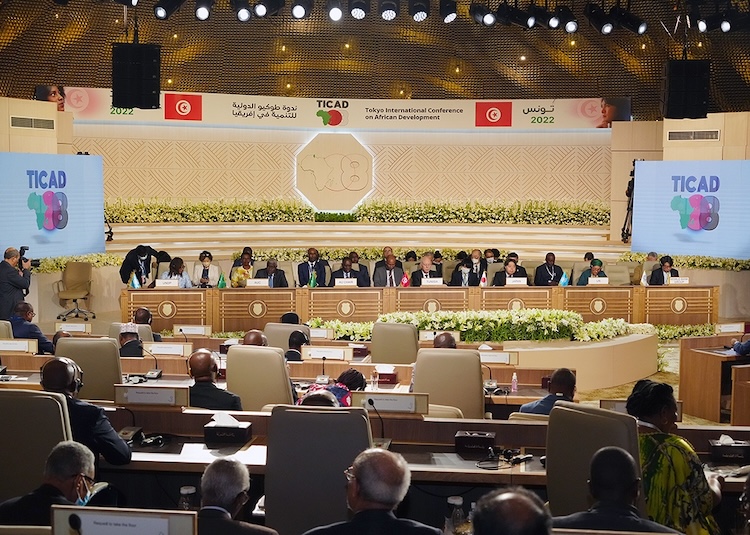
Challenges in the New Space
Multipolarity brings complexity, not stability. As more actors engage, alliances proliferate—and with them, confusion, misaligned incentives, and conflict potential. Middle‑power rivalries—China vs. India, Turkey vs. Gulf states, and differing Russian vs. Western approaches—mean African governments must navigate shifting terrain with agility.
In the Sahel and Horn, Western retreats have coincided with greater Wagner Group or other Russian mercenary influence. Analysts warn that this puts African militaries at risk of illegitimate governance and rising violence.
Internally, Africa’s inability to form unified continental positions limits its leverage. Fragmented policies undercut ambitions like UN Security Council reform or AfCFTA implementation.
5. Africa’s Strategic Response: Agency and Focus
African policymakers increasingly insist that engagement must cater to their developmental goals: human capital, regional integration, industrialisation and economic self-reliance. According to recent strategic thinking, reform of AU institutions and multilateral inclusivity remain priorities—but only if they serve development, not politics.
Regional initiatives matter more now: the African Continental Free Trade Area (AfCFTA), intra-African investment, and pan-African industrial chains are gaining traction. Success here would further boost Africa’s leverage in global negotiations.
A key African imperative is to demand openness and transparency, not just new investment. In selecting bilateral and multilateral partners, evidence of debt sustainability, local employment generation, and infrastructure resilience are non-negotiables.
6. What the U.S. Stands to Lose—and Could Regain
The U.S. remains influential in health, diplomacy, democracy support, and education, but that legacy is fading. Soft‑power credibility, once built on long-term presence, now risks expiration without investment in physical and strategic infrastructure on the ground.
Washington faces a choice: re-engage in development diplomacy or risk irrelevance. It cannot reclaim influence with speeches or occasional visits. It needs sustained presence, financial backing, and long-term strategic partnerships tailored to African priorities.
7. The Stakes Ahead: Toward a Multipolar Balance
As Africa embraces multipolarity, the global architecture is shifting. BRICS+ expansion reflects that Africa’s alignment is not passive: nations are joining coalitions that challenge Western dominance in global finance and diplomacy.
Institutionally, a more inclusive and balanced global order could emerge—but only if African unions and leaders push consistently for reforms and enforce cohesion across foreign policy lines. Otherwise, external actors may play them off against one another.
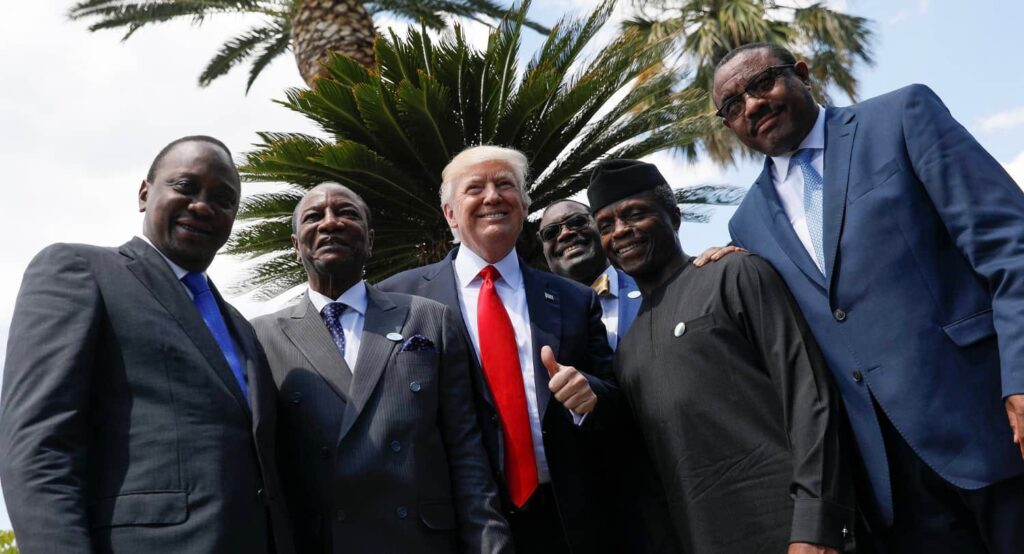
Looking Forward
What does “Multipolar Africa: As the U.S. Steps Back, a New World Arrives” really mean? It is about the dawning of a new era in international relations, where African sovereignty isn’t just rhetoric, but a vehicle for real choice.
Africa’s trajectory in this multipolar age will hinge on its ability to harness global competition: using new alliances to invest in education, infrastructure, industrialisation, and regional unity. Effective leadership could translate the demographic dividend into geopolitical power.
At stake is nothing less than the shape of global governance in the 21st century. If Africa successfully stakes a claim as a rule-maker—and not only a rule-taker—the world arriving could look very different.
Join Our Social Media Channels:
WhatsApp: NaijaEyes
Facebook: NaijaEyes
Twitter: NaijaEyes
Instagram: NaijaEyes
TikTok: NaijaEyes


